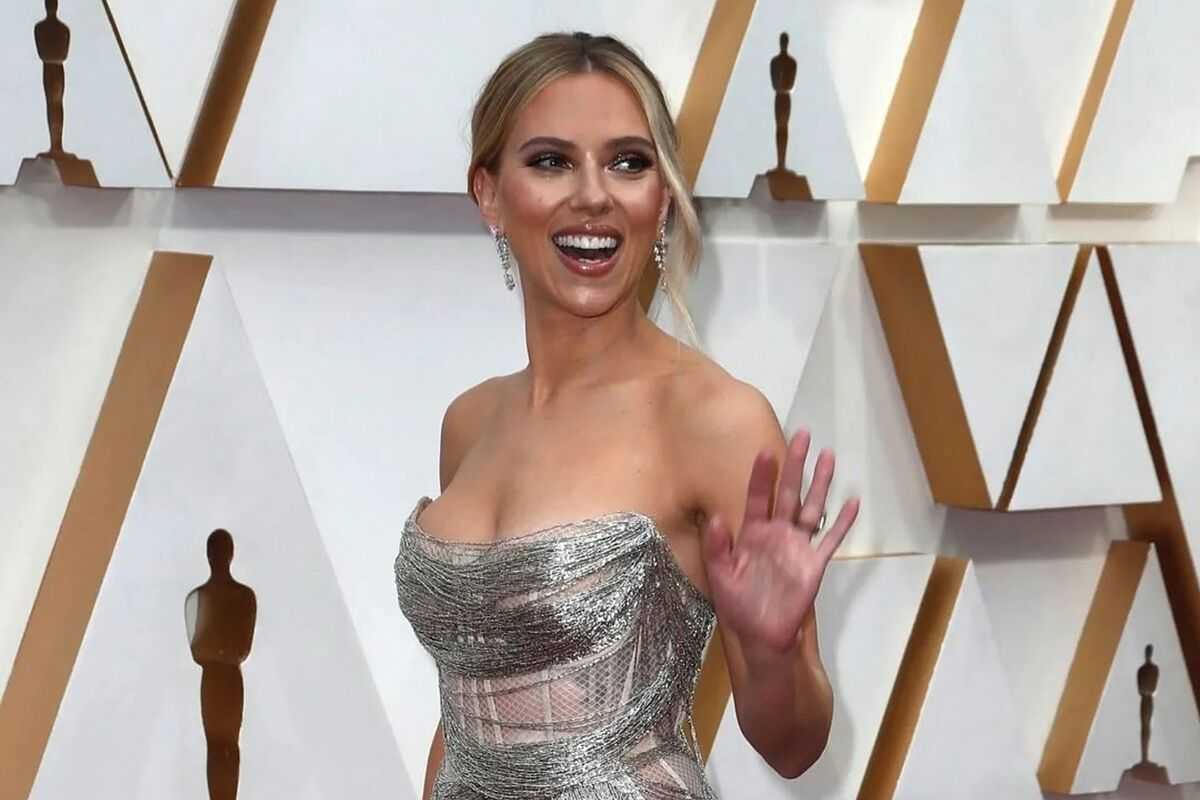Scarlett Johansson's bold legal battle against Disney revisited
Reflecting on Scarlett Johansson's lawsuit against Disney over Black Widow's simultaneous streaming release, a move that redefined Hollywood norms and contractual agreements.

Scarlett Johansson (Source: Marca)
As we journey back to the summer of 2021, the entertainment industry witnessed an unprecedented legal showdown. Scarlett Johansson, the leading star of Marvel's Black Widow, took a stand against the industry giant, Disney, challenging the norms of Hollywood's release patterns and contractual obligations.
Black Widow, which opened to an astounding $80 million during its first weekend, quickly became a case study in the evolving dynamics of film distribution. "After the first weekend, the numbers fell off a cliff," a testament to the rapidly changing landscape of movie viewing preferences, particularly during the coronavirus pandemic. Disney's decision to simultaneously release the film on Disney+ and in theaters was a strategic move, but not without its repercussions.
Scarlett Johansson, as both the star and executive producer of the film, found her compensation caught in the crossfire. Her lawsuit, first reported by The Wall Street Journal, highlighted a significant shift in the industry's approach to theatrical releases. Johansson's agreement with Disney's Marvel Entertainment promised an exclusive theatrical release, with her salary partially dependent on the film's box office success.
Disney's response to the lawsuit was firm, claiming to have fully complied with Johansson's contract. However, this incident underlined a larger narrative in Hollywood. The pandemic had indeed scrambled traditional release patterns, with big titles like F9 and No Time to Die opting for delayed theatrical releases, while others, such as Pixar's 'Soul,' went directly to streaming platforms.
Also Read: Decoding Jackie Chan and Chris Tucker's cryptic reunion: Is "Rush Hour 4" on the horizon?
WarnerMedia, in a bid to boost HBO Max, released its titles simultaneously in cinemas and on the streaming service, but not without renegotiating talent contracts. In contrast, "Johansson's complaint says her representatives tried to renegotiate her contract but Disney and Marvel were unresponsive," illustrating the complexities and challenges artists faced during this period of transition.
As we look back at this pivotal moment, it's clear that Johansson's stand was more than a contractual dispute. It was a statement about the value of artistry and the evolving dynamics of the entertainment industry. This incident not only reshaped contractual negotiations but also sparked a broader conversation about the future of film distribution and compensation in the digital age.
In retrospect, Johansson's lawsuit against Disney was not just a legal battle; it was a landmark event that challenged the status quo and paved the way for new norms in Hollywood. It's a story that continues to resonate, reminding us of the power of individual voices in shaping the future of the entertainment industry.
(Several parts of the text in this article, including the title, were generated with the help of an AI tool.)







